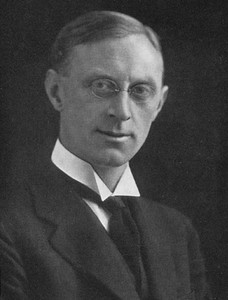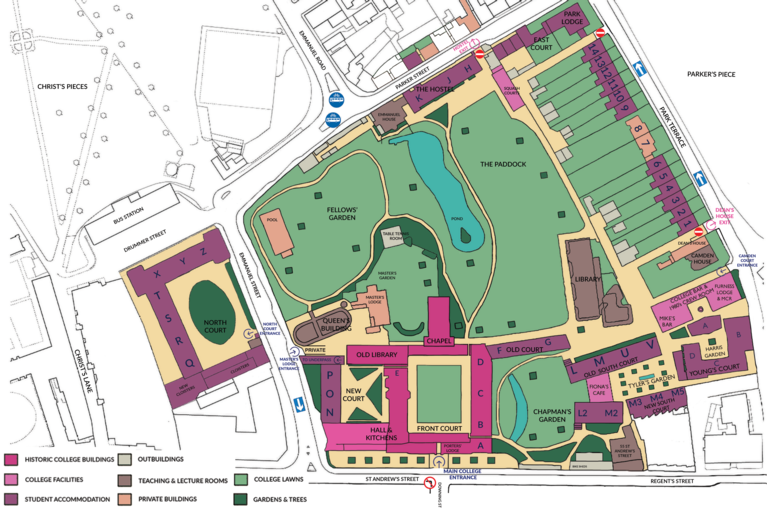William Norman Birkett (1883 - 1962)

Barrister and judge who served as one of the three British judges during the Nuremberg trials
Norman Birkett came to Emmanuel in 1907, at the age of twenty-four. He had left school at fifteen to be apprenticed (at four shillings a week) in his father's drapery business in Ulverston. He had begun shortly afterwards to preach in the local Methodist circuit, and soon came to show those powers of oratory which later made him the most famous barrister of his generation. He left the family business in 1905 to study for the Methodist ministry; and on his acceptance for that calling was encouraged by his mentors to go to Cambridge and study further for a degree. This he did, and incidentally fulfilled ‘without the help of an old school tie or of the organised support of an outside influential group’ his ambition to become president of the Union Society.
It was only at the time of taking his B.A. that Birkett concluded that he was not after all suited for the ministry, and with his Tutor's approval and encouragement decided to read for the Bar. He was called in 1913, and practised for a time in Birmingham. Then he was taken into the chambers of the great criminal lawyer Marshall Hall, and by his success as an advocate and his skill as a cross-examiner rapidly gained a great public reputation. He took silk in 1924, and after the death of Marshall Hall became the best-known lawyer in the country. Birkett was a master at managing a jury, and never lost sight of the value of kindness and persuasion as against the hectoring and bullying of witnesses. He accepted a seat on the Bench in 1941, and was promoted to be a Lord Justice of Appeal in 1950. After the Second World War he was one of the British representatives in the International Tribunal at Nuremberg which tried the Nazi war leaders.
A lifelong Liberal in politics, Birkett sat as an M.P. for Nottingham in the 1920s; and he later joined effectively in the debates in the Lords. As a speaker he was constantly in demand, whether on the B.B.C. (he was the anonymous war-time Onlooker, whose voice was as familiar as that of the sinister ‘Lord Haw-haw’ whose insinuations he countered) or simply for informal after-dinner occasions, when he was unsurpassable. He had the Lancashire man's love for cricket; he was an early advocate for the creation of national parks; and only two days before his death he was making a great and successful speech in the Lords against sacrificing the beauties of Ullswater to the industrial needs of Manchester.
Lord Birkett was elected an Honorary Fellow of Emmanuel in 1946 and kept in touch. His pleasure in attending the annual dinners of the College Law Society was exceeded only by the delight of younger members in the wit and wisdom of their guest.

